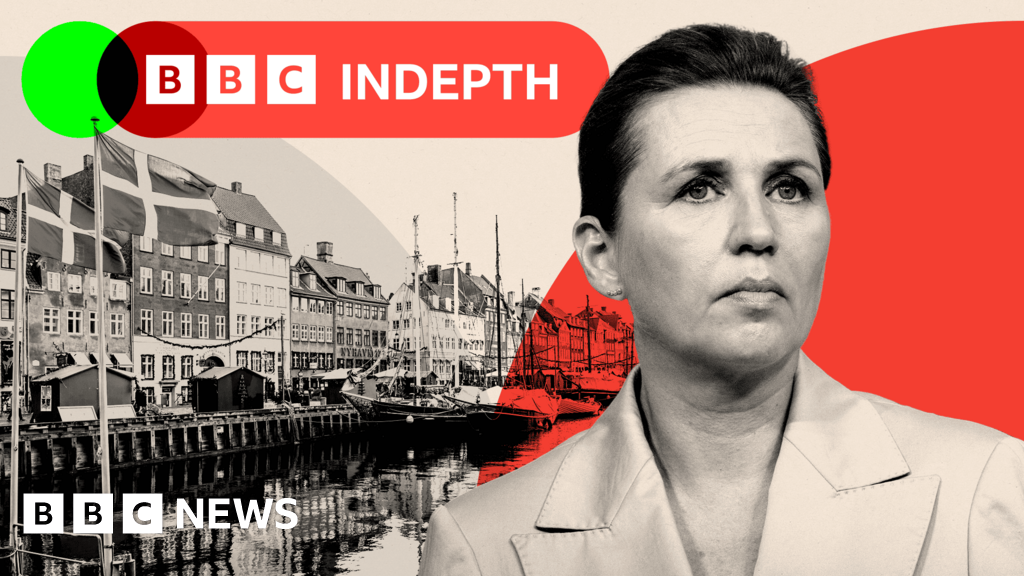Denmark’s Left Takes a Hard Stance on Immigration Policy
Introduction
In recent years, immigration has become a polarizing topic in Denmark, capturing the attention of both the public and policymakers. The Danish left, traditionally seen as more lenient towards immigration policies, is now adopting a tougher stance. This shift raises important questions about the future of immigration in Denmark and its implications for various communities.
The Shift in Immigration Policy
The left’s hard stance on immigration signifies a significant change in how political parties engage with this contentious issue. Historically, the left has advocated for more inclusive policies, but recent trends suggest a recalibration of this approach. Factors influencing this shift include:
Impacts on Immigrant Communities
The changes in immigration policy will have profound effects on immigrant communities in Denmark. These include:
Comparative Analysis with Other Countries
Denmark’s approach to immigration is not unique; similar trends can be observed in other countries. For instance:
Future of Immigration Policy in Denmark
The future of Denmark’s immigration policy will be shaped by various factors, including:
Conclusion
The left’s hard stance on immigration policy in Denmark marks a significant departure from its traditional approach. As the political climate evolves, the implications of these changes will resonate throughout society, particularly for immigrant communities. By understanding these dynamics, stakeholders can better navigate the complexities of immigration in Denmark and advocate for policies that balance national interests with humanitarian considerations.
Call to Action
As discussions around immigration intensify, it is crucial for all stakeholders—politicians, activists, and the general public—to engage in informed discussions about the future of immigration policy. By doing so, we can work towards a system that is fair, just, and reflective of the values that underpin Danish society.










